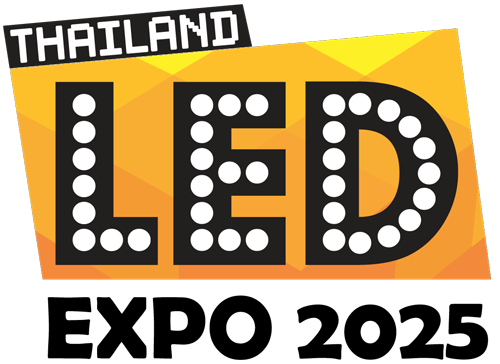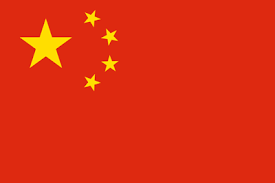Thailand has emerged as a key player in the global LED lighting market. The country is home to Southeast Asia’s largest LED lighting exhibition, attracting manufacturers and suppliers from all over the world. The market is expected to grow at a CAGR of 23.38% from 2022 to 2027.
- The Thai economy is expected to grow at 2.9% in 2022 and 4.3% in 2023. Rapid urbanisation and the rise of industrial centres will drive economic growth by putting pressure on infrastructure and demanding higher power requirements in commercial and residential facilities. This high demand will result in government investments, decreasing LED prices, higher shelf life, lower energy consumption, reduced maintenance requirements, replacement of street lights with LEDs, and entry of multinational players.
- Thailand’s successful growth model is made possible by the long-term structural shift from agriculture to industry. The country has created several tax incentives for businesses involved in the sector, making the export market expected to grow in the coming years.
- The Thai government also supports the country’s growing exhibitions industry. It has invested heavily in improving infrastructure & R&D. The adoption of LEDs is strongly supported by the Thai government, with key government agencies such as the Electricity Generating Authority of Thailand (EGAT) and Provincial Electricity Authority (PEA) promoting the use of LED lighting in Thailand.
- Thailand has long been regarded as one of Asia’s principal centres for producing automobiles, electronics, and petrochemicals. Sourcing from a country with existing expertise and resources for products and services allows for a much quicker and more seamless integration with the existing supply chain.
Due to all these factors, Thailand is now one of Southeast Asia’s most popular destinations for trade fairs and exhibitions for the LED & smart lighting industry. LED EXPO THAILAND strategically taps into this growing market and, at the same time, serves as the industry gathering platform not just for Thailand but also for the surrounding ASEAN region.

 ไทย
ไทย
 中文
中文
